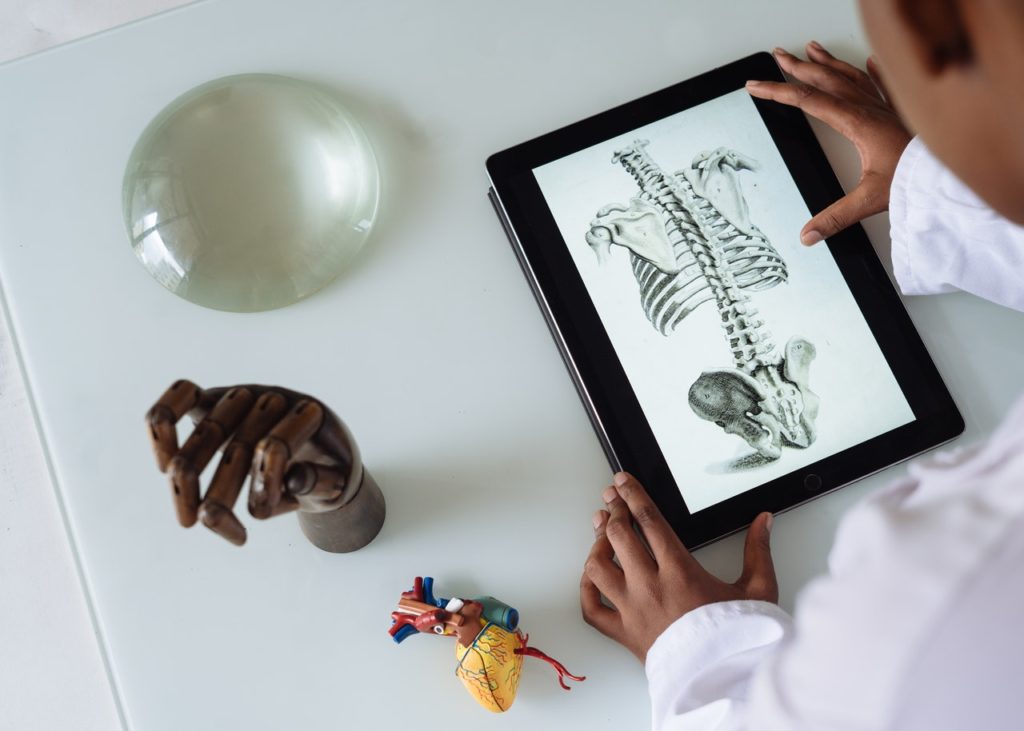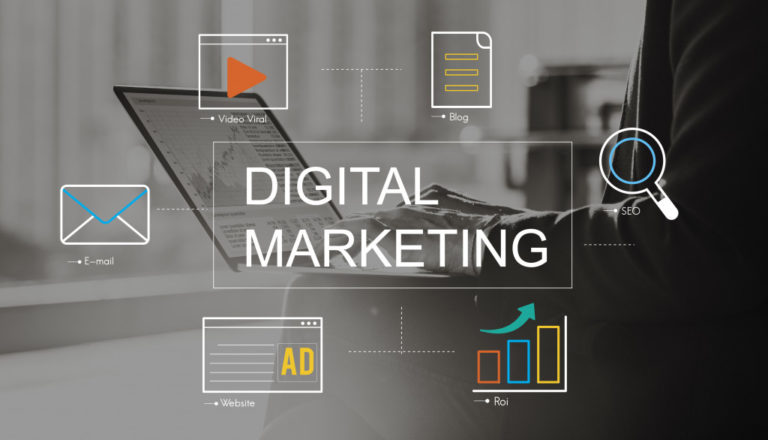We’ve seen how the gaming world has benefited from technology with all the immersive online and offline entertainment we enjoy today. The same development can also be seen in the business industry as massive machines continue to mass-produce our necessities and how digital marketing has propelled businesses forward.
The question that remains from all of this is, is there more to technology other than entertainment and mass consumption? Fortunately, there is. The landscape of the healthcare industry has significantly changed because of technology, and we’re about to show you how.
How Technology is Used in Healthcare
Our best step forward as a race is through the use of our latest advancements and discoveries in the preservation of life. Thankfully, we are taking this leap. Below are some of the biggest innovations we’ve made in the healthcare industry.
Electronic Health Records
Gone are the days when patients’ records have to be kept in old metal filing cabinets, and it would take a considerable amount of time before medical personnel gets hold of it. Using a cloud-based EHR (Electronic Health Record) software program has made it extremely easier to store and retrieve patient information. Doctors can now access a patient’s record anytime and anywhere, giving them more time to attend to and accommodate other patients.
Dental Accuracy
Dentists have also started using technology to make an accurate scan of a person’s teeth. Because of this, it is now easier for a dentist to make porcelain veneers for a patient and with great accuracy. Patients don’t need to take multiple visits to the clinic anymore because the precision of one scanning procedure is more than enough to make a digital diagram of their teeth and produce dentures that fit perfectly.
Telemedicine
People from remote areas and/or living at minimum wage or under can now access medical help as well. Through telemedicine, doctors can provide patients with medical opinions without the patients having to visit the hospital or the doctors having to travel to the area. Telemedicine is also more affordable than a hospital visit, making it a great option for those who earn less. People with disabilities or the elderly can also benefit from telemedicine because they wouldn’t have to leave their homes anymore.

Awareness on Social Media
Public health is always one of the biggest concerns of medical professionals. More often than not, people assume that it’s difficult to access health services, especially when it comes to medical health. Thankfully, physicians, clinics, hospitals, psychologists, and all sorts of doctors have made it a point to establish an online presence and provide free health information to the public to raise awareness. Because they are reliable sources of information, this significantly reduces the presence of medical myths, further educating the public.
Quicker Results
Whenever a patient visits the doctor for a checkup or medical testing, it usually takes weeks or months before the result is discussed to them. With the latest technology, a patient’s diagnosis often only takes a few days, and in some cases, almost instantaneously. Some hospitals or clinics even offer medical web portals where patients can access their testing results. Because of this, a treatment plan can be developed quicker and hopefully prevent a disease or health condition from worsening.
Outbreak Prediction
Search engine algorithms have also made it possible for the healthcare industry to predict an outbreak. For example, if people started searching online about their symptoms and all of these queries are congested in a certain location, health organizations can draw out that there’s a possibility of an outbreak in that area. Through further on-site research, this assumption can be proven or disproved. Because of this, hospitals can prepare for an overflow of patients that may result from the outbreak.
Prosthetics and Robotics
You’ve seen how 3-D printing is being used in many areas like automotive and interior design. This same technology has made it possible to create specific prosthetics to fit a patient perfectly. Artificial limbs, bones, and tissues made from 3-D printing are now being incorporated into patient treatment. Furthermore, some of these prosthetics can be equipped with artificial intelligence and robotics. This allows a patient to control their prosthetic limb with their minds, mimicking a natural limb.
The future is bright, not just for the healthcare industry but for the entire world as we live in these continuous revolutionary times. We will keep on discovering and developing our technologies, and as we move forward, we guarantee that no one is left behind. While we continue to produce high-end equipment and materials, we also ensure that the less privileged get access to various medical services.

















